Breed-Specific Wool
Why choose a single breed for a yarn?
Once you begin to look at the variety in breeds and their potential – it’s a real chance to understand the sheep behind the breeds all with individual fleece characteristics that will dictate how the wool will be used once spun into yarn.
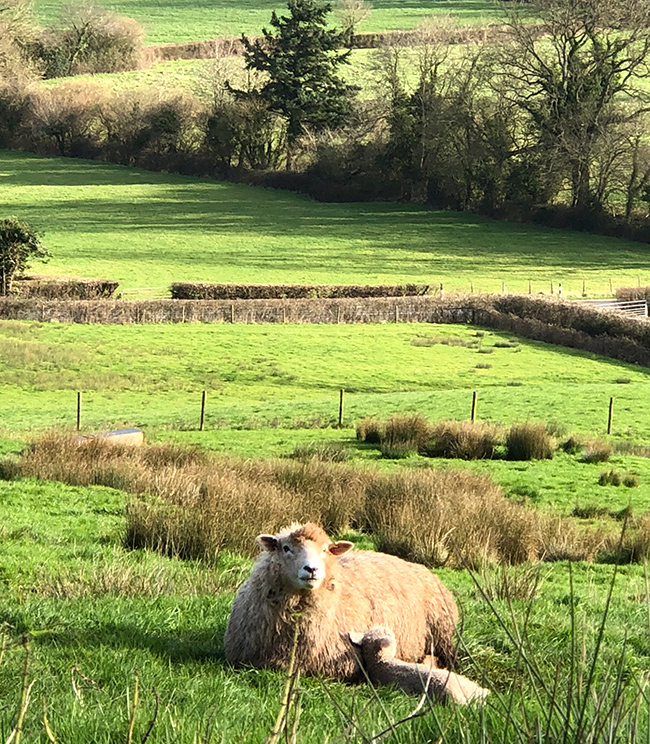
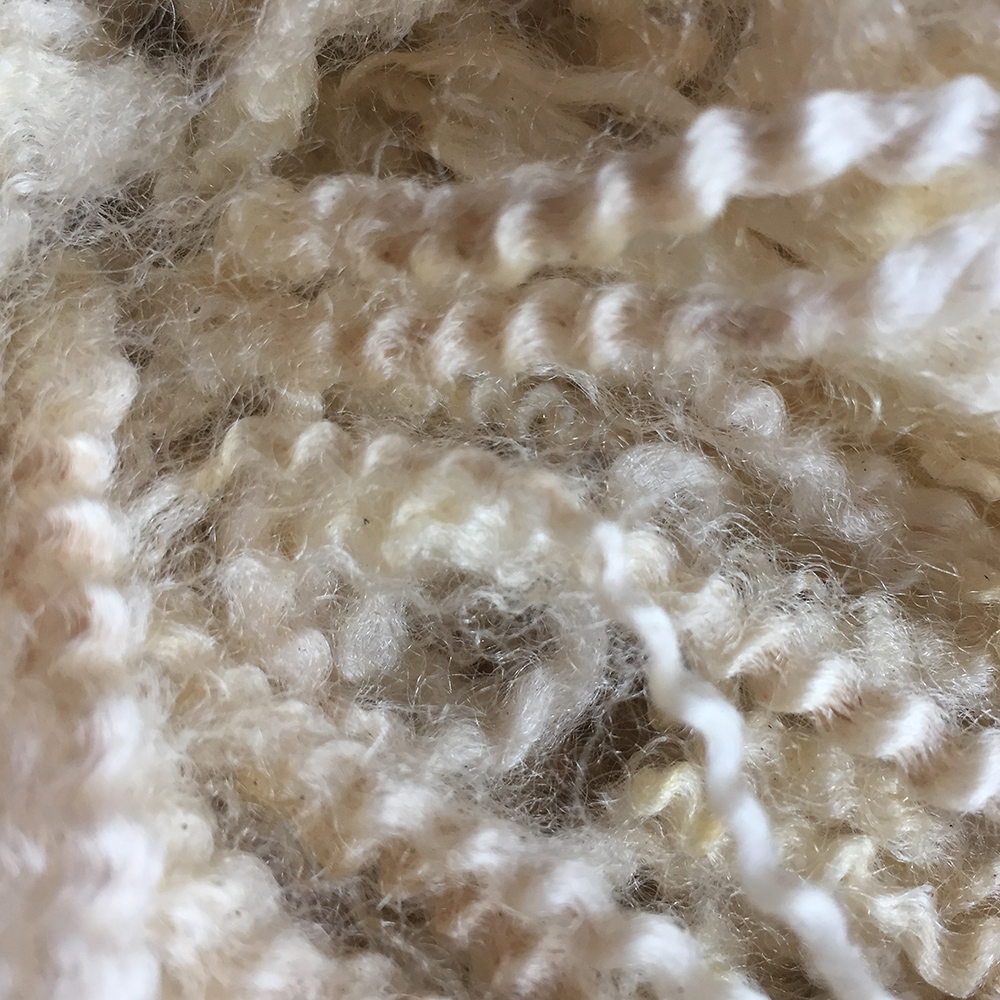
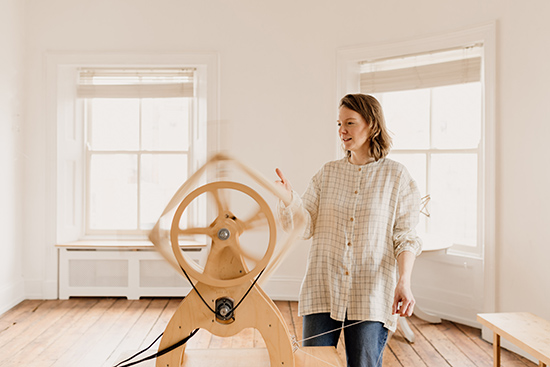
Wool’s natural qualities as a fabric offer so much to the wearer
Its comfort, warmth, durability and connection to the traditions of farming, making, and family history.
Distinctive colours that stand out beautifully undyed or offer unexpected results when dyed. And of course, its longevity with occasional darning, a knitted piece will keep us warm and chic for years until it will one day biodegrade to enrich the earth.
My absolute love for wool is no secret! It’s this love for breed-specific wool that drives my commitment to produce these yarns. So what does it all mean? Breed-specific wool refers to yarn produced from the fleece of a particular sheep breed. Spinning a yarn in this way emphasises the distinct characteristics of that breed. It’s an approach that’s become popular for a few reasons. For me, choosing a single breed for a yarn highlights the fleece’s features, creating a yarn that focuses on the best qualities of the wool.
Diversity and Characteristics of Breed-Specific Wool
Each SHEEP BREED has unique characteristics, like texture, length, and colour, as well as specific traits related to softness, warmth, and resilience.
By selecting a specific breed, I’m able to create a yarn with a knitted garment in mind.
For example, I chose a Romney sheep when deciding to spin a sock yarn – this is considered a Longwool and with some extra twist added during the spinning process, is perfect for sock projects which will get plenty of wear and needs to last. Fibre length influences the strength and durability of the yarn, as longer fibres tend to result in stronger and more resilient yarns.
You might have heard of a characteristic called Micron count. This is the measurement of the diameter of individual fibres and is key to assessing softness. Finer fibres like Merino will have a very small micron count and generally result in softer yarn. This falls into the Finewool category and is lovely for baby clothes or accessories like cosy hats. My Corriedale 4ply and DK is considered a Medium wool which is slightly more robust compared to the Merino but still lovely again the skin. It’s a good alrounder making longlasting sweaters.
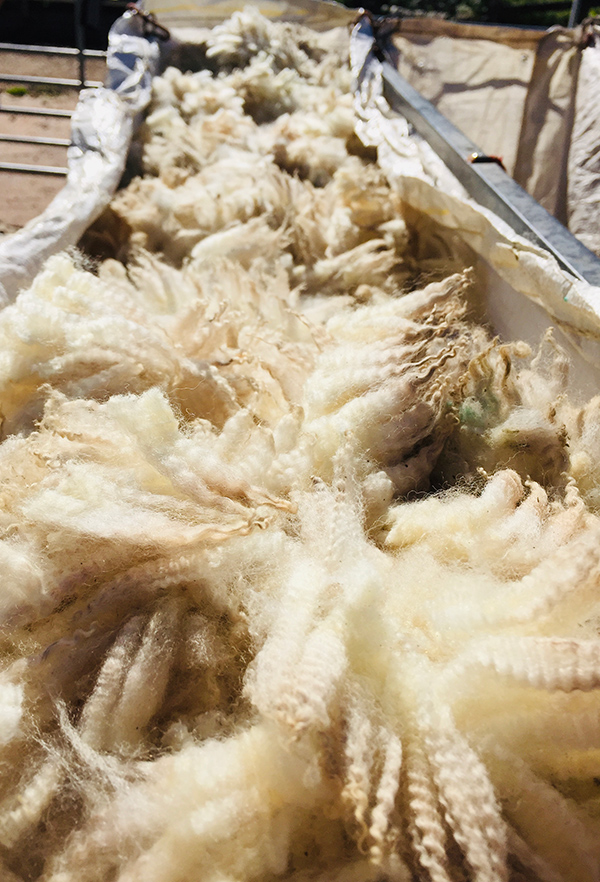
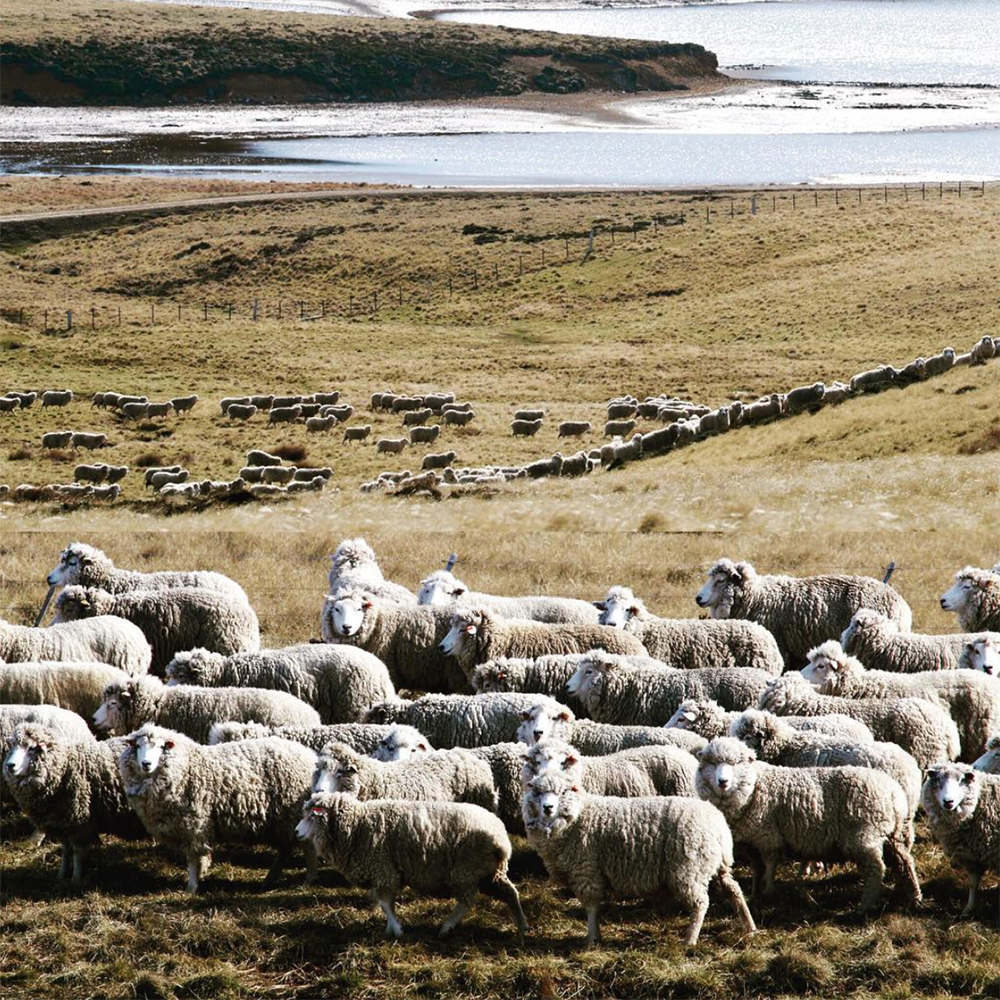
Eco-Friendly Aspects
By focusing on breed-specific it means I can source from flocks suited to the local environment, farmers can minimise the ecological impact associated with resource-intensive farming practices. This supports smaller, local farms, local economies and reduces the distance traveled by raw materials contributing to sustainability goals. Farmers play a huge role in maintaining rare breeds within sheep populations. Livestocks face environmental challenges and by maintaing a specfic breed contributes to the resilience of the sheep.